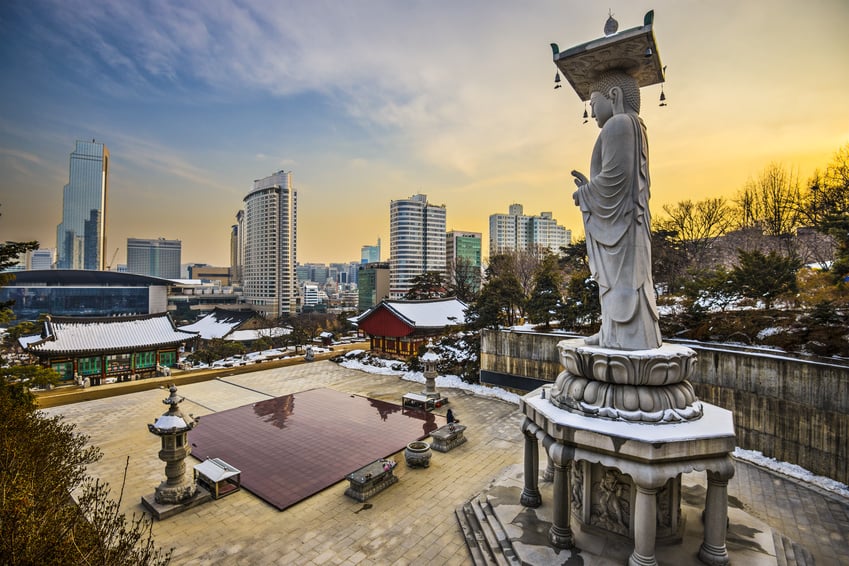Further to our January 2024 client alert, the anticipated amendments to the Enforcement Decree of the Financial Services and Capital Markets Act (“FSCMA Enforcement Decree”) have been adopted by the Korean government cabinet on 27 February 2024 and promulgated on 5 March 2024. The amendments to the FSCMA Enforcement Decree are therefore effective as of 5 March 2024.
As of 5 March 2024, domestic employees of multinational companies who have acquired shares under a stock-based compensation program may sell such shares without the involvement of a Korean broker and may deposit proceeds from the sale of shares into an account with an overseas financial institution. For any shares sold/funds deposited prior to this date, the previous restrictions applied and these transactions could therefore remain problematic if they did not comply with the restrictions.


